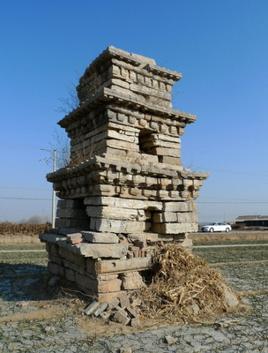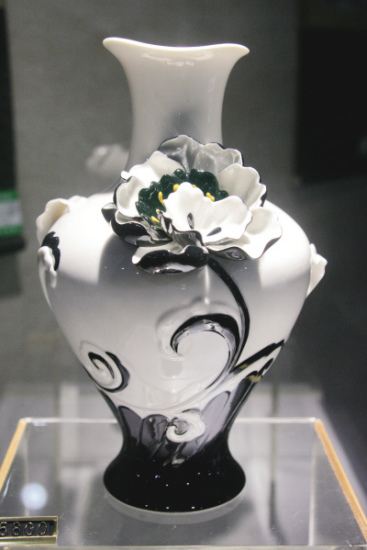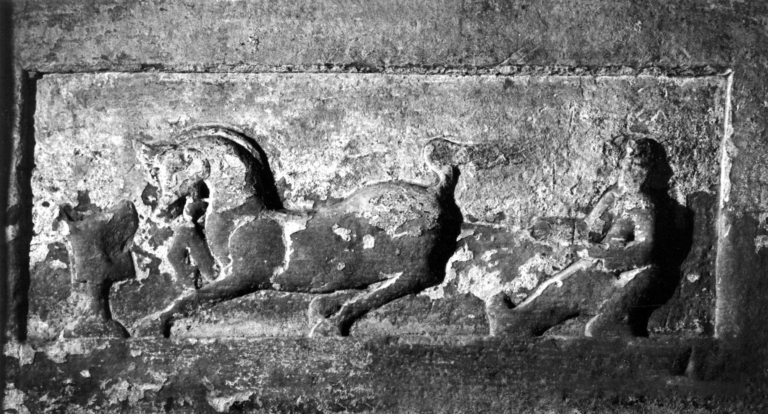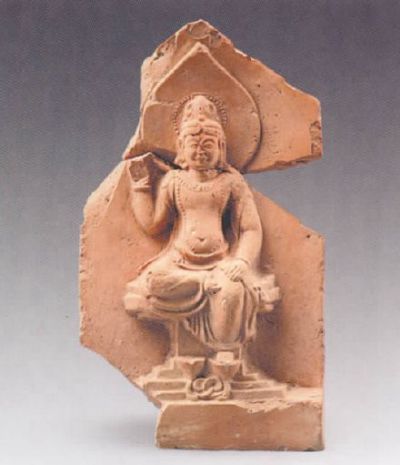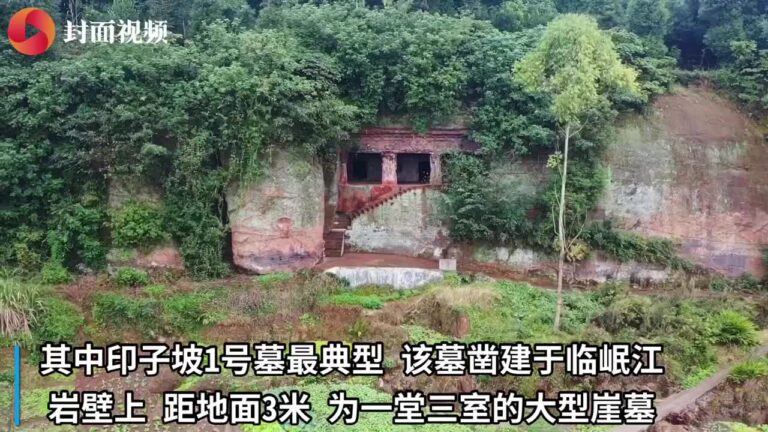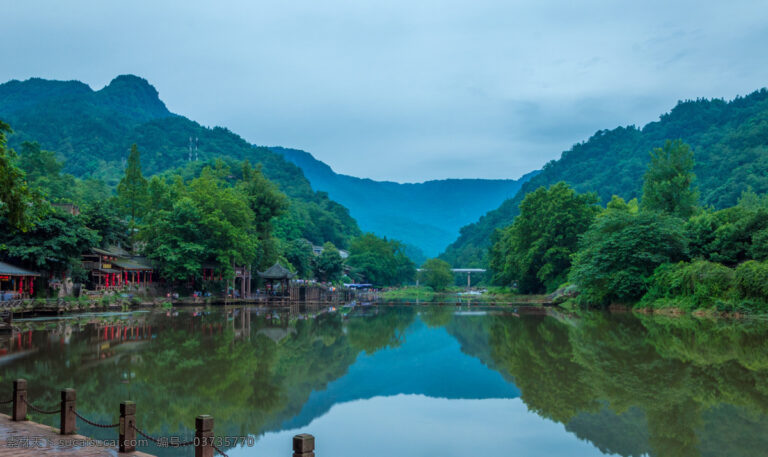Unravel the Beauty of Jiwanggu Muqun: Linyi’s Scenic Retreat
An Essential Guide to Visiting Linyi Jiwanggu Muqun
In This Guide
- An Essential Guide to Visiting Linyi Jiwanggu Muqun
- The Rich History of Linyi Jiwanggu Muqun
- Main Highlights: What to See at Linyi Jiwanggu Muqun
- Planning Your Visit: A Practical Guide
- Tickets, Hours, and Booking
- How to Get There
- Local Cuisine and Accommodation
- Frequently Asked Questions
- Final Thoughts on Your Trip
Nestled in the heart of Shandong Province, the Linyi Jiwanggu Muqun, or Jiwang Tombs, stands as a testament to the rich tapestry of China’s ancient history. Located approximately 40 kilometers northwest of Linyi city, this remarkable site lies within the breathtaking landscape of the Yimeng Mountains, an area renowned for its unique geological formations known as “guis” — steep, isolated hills that rise dramatically from the surrounding terrain.
The Jiwang Tombs are not just a collection of ancient burial sites; they are a cultural treasure, recognized as a national key cultural relic protection unit. This archaeological marvel is distinguished by its historical significance, dating back to the Spring and Autumn Period, when the state of Ji established its capital in this very region. It is here that visitors can delve into the mysteries of a civilization that once flourished amidst the rugged beauty of the mountains.
At an elevation of 577.2 meters, the Jiwang peak offers not only a glimpse into the past but also stunning panoramic views of the surrounding landscape. The area is characterized by its vast, flat summit, which spans about 4 square kilometers — a rarity among the peaks of the Yimeng range. The tombs, with their impressive scale and intricate artifacts, have been pivotal in advancing our understanding of ancient burial practices and statecraft in early China.
Beyond its archaeological allure, the Jiwang Tombs have been revitalized through modern tourism initiatives, inviting explorers and history enthusiasts to experience the allure of this “mysterious ancient kingdom” firsthand. As you traverse the serene paths leading up to the tombs, prepare to be captivated not only by the echoes of history but also by the natural beauty that surrounds this extraordinary site. Whether you are a seasoned traveler or a curious newcomer, the Jiwang Tombs promise an unforgettable journey into the heart of China’s storied past.
The Rich History of Linyi Jiwanggu Muqun
The Linyi Jiwanggu Muqun, or Jiwang Tomb Group, is a significant archaeological site located in Shandong Province, China, particularly notable for its unique historical and cultural importance. Nestled within the majestic terrain of the Yimeng Mountains, the site stands at an elevation of 577.2 meters and features an expansive flat-topped mountain known as Jiwang Mountain. This region is historically recognized as the center of the ancient State of Ji during the Spring and Autumn Period (approximately 771 to 476 BC).
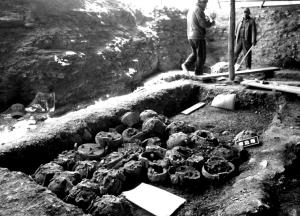
Linyi Jiwanggu Muqun.
The tomb group is part of a larger area historically referred to as the “Heavenly King City,” where the State of Ji established its capital. This strategic location at the convergence of Linyi, Zibo, and several counties has made Jiwang Mountain a focal point for both cultural development and military significance throughout ancient Chinese history. The area is not only remarkable for its geographical attributes but also for its rich archaeological finds, which include a vast array of bronze artifacts, ceramics, and other burial goods that illustrate the artistry and craftsmanship of the period.
Excavations at Jiwang Tomb Group began in earnest in 2012, revealing a series of large tombs that were notably situated at a high altitude, a rarity for ancient burial sites in China. The findings from these tombs have significantly contributed to our understanding of the social structure, funerary practices, and daily life in the State of Ji. Media coverage from prominent outlets such as CCTV and Phoenix Television during the excavation highlighted the national importance of this archaeological discovery, which has since been recognized as one of the top ten archaeological finds in China.
The grandeur of the tombs and the artifacts unearthed, especially those made of bronze, have filled several gaps in the historical narrative of the region. They showcase the cultural richness of the era, including intricate designs and the use of advanced metallurgical techniques. The site has garnered attention not only for its archaeological value but also for its role in promoting tourism and education about ancient Chinese civilizations.
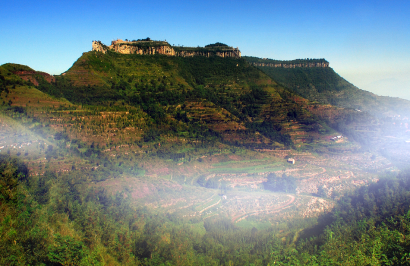
Linyi Jiwanggu Muqun.
Today, the Linyi Jiwanggu Muqun serves as a national key cultural relic protection unit, attracting scholars, historians, and tourists alike. The ongoing development of the surrounding area into a scenic cultural park enhances the accessibility of the site, ensuring that the stories of the past remain alive for future generations to explore and appreciate.
Main Highlights: What to See at Linyi Jiwanggu Muqun
Linyi Jiwanggu Muqun, or the Jiwang Tomb Group, is a fascinating archaeological site nestled in the scenic Yimeng Mountain area of Shandong Province, China. This unique site offers a blend of breathtaking natural beauty and rich historical significance. Here are some of the main highlights that make this destination a must-visit for travelers and history enthusiasts alike.
Scenic Grandeur
Perched at an elevation of 577.2 meters, Jiwang Mountain stands out with its steep cliffs and expansive plateau, covering around four square kilometers. The mountain’s impressive stature and flat summit distinguish it from the other peaks in the Yimeng range, allowing for panoramic views of the lush surrounding landscape. The serene environment, away from the hustle and bustle of city life, offers visitors a peaceful retreat.
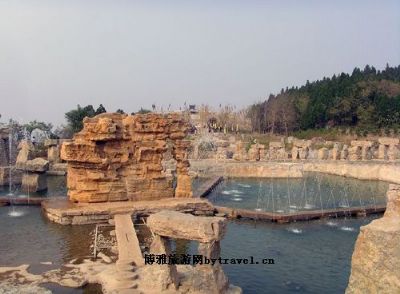
Linyi Jiwanggu Muqun.
Historical Significance
The Jiwang Tomb Group is not just a natural wonder; it also serves as a vital link to China’s ancient past. Dating back to the Spring and Autumn period, these tombs provide insights into the burial customs and societal structures of the time. The site was once the capital of the ancient Ji state, making it a significant archaeological treasure. The discovery of exquisite bronze artifacts during excavations has filled numerous gaps in the historical narrative of the region, earning the site recognition as one of China’s top archaeological finds.
Archaeological Marvels
The tombs themselves are remarkable for their scale and the quality of the artifacts unearthed. The excavation of the Jiwang tombs in 2012 garnered national attention, with major media outlets broadcasting live coverage of the findings. The artifacts, including large bronze vessels and intricate ceramics, showcase the craftsmanship of the era and have contributed to a deeper understanding of the region’s historical context.
Cultural Heritage
The area surrounding the Jiwang Tomb Group is rich in cultural heritage, with local traditions and customs still alive today. Visitors can explore the nearby Qianzhuang Town, known for its picturesque rural landscape and traditional Shandong cuisine. The local hospitality and culinary offerings, such as Yimeng green tea and various regional delicacies, enhance the overall experience.
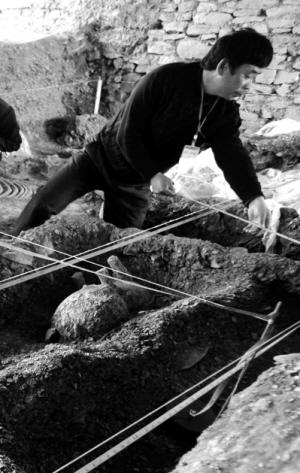
Linyi Jiwanggu Muqun.
Accessibility
While the Jiwang Tomb Group is somewhat remote, it is accessible via well-marked roads. Visitors from the south can travel through Linyi City towards Yishui, while those from the north can take the expressway to the nearby Zhangjiakou exit. The journey to this hidden gem is well worth the effort, promising an enriching experience filled with history, culture, and natural beauty.
Conclusion
A visit to Linyi Jiwanggu Muqun is a journey through time, allowing travelers to connect with China’s ancient civilizations while soaking in the stunning landscapes of the Yimeng Mountains. Whether you are a history buff, an adventure seeker, or simply looking for a peaceful escape, this site has something to offer everyone.
Planning Your Visit: A Practical Guide
Practical Guide to Visiting Linyi Jiwanggu Muqun (纪王崮墓群)
If you’re planning a visit to the historic site of Linyi Jiwanggu Muqun in Shandong Province, here’s everything you need to know for a smooth and enjoyable experience.
Getting There
Location: Jiwang Mountain (纪王崮) is located approximately 40 kilometers northwest of Yishui County, within the Linyi City area. The site is nestled in a picturesque mountainous region, making it a spectacular destination for nature lovers and history enthusiasts alike.
Transportation Options:
– By Car:
– From the south, take the route via Linyi to Yishui, then head toward the Tian Shang Wang Cheng scenic area. This drive offers beautiful views of the surrounding landscape.
– If you’re coming from the north, you can access the site via the Jiqing Expressway. Exit at Zhangjiapo and follow signs towards Tian Shang Wang Cheng.
– Public Transport: Local buses may be available from nearby towns, but schedules can be infrequent. It’s advisable to check local transport options in advance or consider hiring a taxi for convenience.
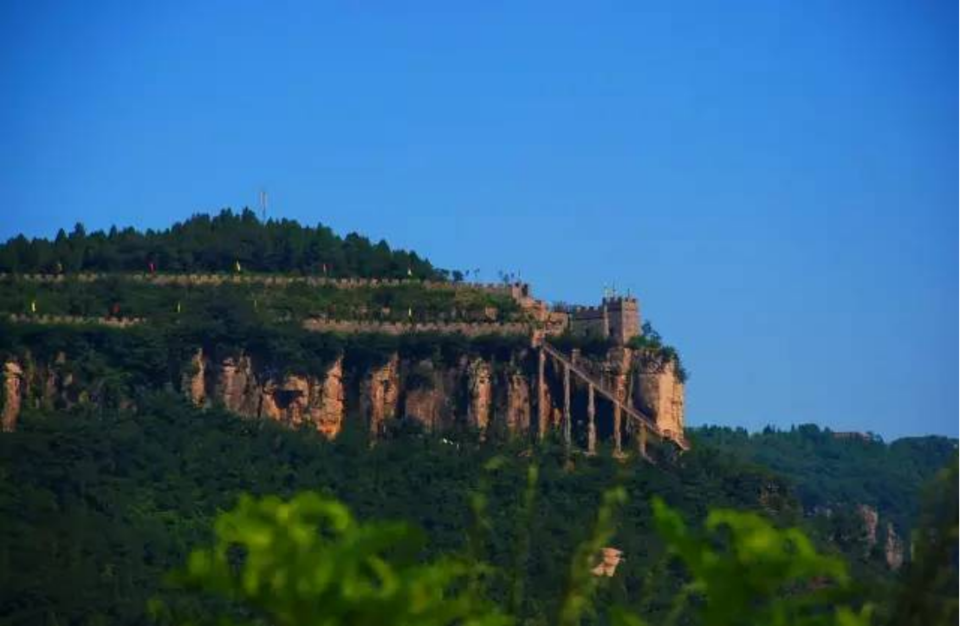
Linyi Jiwanggu Muqun.
Tickets and Opening Hours
Admission Fees: The entrance ticket to Tian Shang Wang Cheng, which includes access to the Jiwanggu Muqun, typically costs around 40 RMB. Prices may vary for special exhibitions or guided tours.
Opening Hours: The site is usually open from 8:00 AM to 5:00 PM. It’s wise to arrive early to fully explore the area and avoid crowds, especially during weekends and holidays.
What to Expect
Historical Significance: Jiwanggu Muqun is recognized as a national key cultural relic protection unit. The site features ancient burial grounds from the Spring and Autumn period, showcasing a rich historical narrative that includes the former capital of the State of Ji.
Scenic Beauty: The mountain itself rises to an elevation of 577.2 meters and covers an area of approximately 4 square kilometers. The flat-topped mountain offers stunning panoramic views of the surrounding landscapes, making it a perfect spot for photography and leisurely hikes.
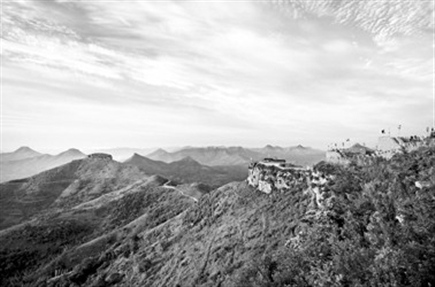
Linyi Jiwanggu Muqun.
Cultural Insights: As you explore the site, look for the various archaeological finds and exhibits that highlight the craftsmanship of ancient bronze artifacts. The area is also known for its unique geological formations known as ‘Gus’, which are rare in the world.
Tips for Visitors
- Wear Comfortable Shoes: The terrain can be uneven, so sturdy footwear is recommended.
- Bring Water and Snacks: While there may be vendors at the entrance, it’s a good idea to carry your own refreshments, especially if you plan to hike or spend an extended period at the site.
- Plan Your Visit: Consider checking for any guided tours or special events that may enhance your experience. Engaging with local guides can provide deeper insights into the history and significance of the site.
- Respect the Environment: As a protected area, it’s crucial to follow local guidelines to preserve the site’s natural beauty and historical integrity.
Nearby Attractions
After exploring Jiwanggu Muqun, you may want to visit other nearby attractions:
– Yimeng Mountain: A beautiful natural area known for its hiking trails and stunning views.
– Local Tea Farms: The region is famous for its high-quality green tea, so consider visiting a local tea plantation for a tasting.
– Historical Sites: Explore other historical sites in the Linyi area that reflect its rich cultural heritage.
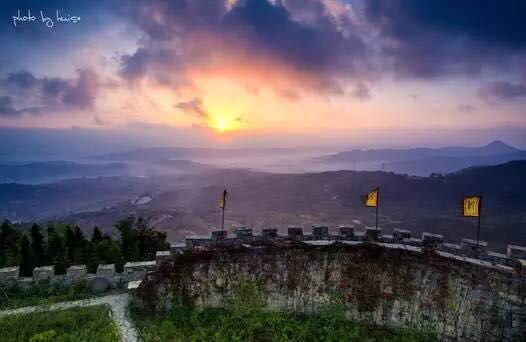
Linyi Jiwanggu Muqun.
By following this guide, your visit to Linyi Jiwanggu Muqun promises to be both enriching and enjoyable, blending history with the beauty of nature in one of China’s culturally significant regions.
Tickets, Hours, and Booking
When planning a visit to the Linyi Jiwanggu Muqun (纪王崮墓群), it’s essential to know the ticketing details to facilitate a smooth experience. The site is recognized as a national key cultural relic protection unit and is part of the Tiangshang Wangcheng Scenic Area, which showcases the unique rugged landscape and historical significance of the region.
Ticket Prices
- General Admission: 80 CNY (approximately $12 USD)
- Students and Seniors: 40 CNY (approximately $6 USD) – valid ID required
- Family Pass: 200 CNY (approximately $30 USD) for two adults and two children
- Group Discounts: Available for groups of 20 or more; please contact the site administration for specific rates.
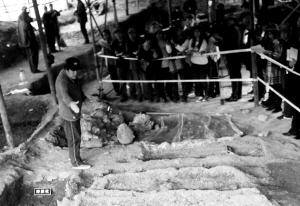
Linyi Jiwanggu Muqun.
Special Offers
- Off-Peak Discounts: Reduced ticket prices may be available during weekdays or for special events—check the official website or local tourist information for updates.
- Season Pass: For frequent visitors, a seasonal pass may be offered at a competitive rate.
Additional Information
- Children under 1.2 meters: Free admission when accompanied by an adult.
- Opening Hours: The site typically opens from 8:00 AM to 6:00 PM, but hours may vary based on the season or special events.
- Payment Methods: Tickets can be purchased at the entrance or online through local tourism websites. Cash and major credit cards are accepted, but it is advisable to check beforehand.
Accessibility
The Jiwanggu Muqun area is accessible by car, with well-marked routes from surrounding towns. If you prefer public transport, local buses can connect you to the nearest stations. Parking is available on-site for those driving.
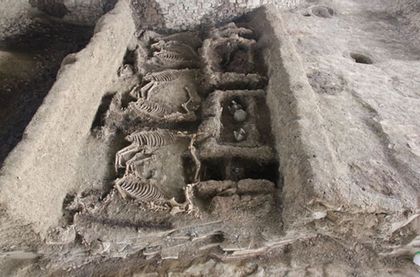
Linyi Jiwanggu Muqun.
Make sure to keep your tickets safe, as they may be required for re-entry or specific guided tours within the scenic area. Enjoy your journey through one of China’s remarkable historical sites!
How to Get There
Reaching the Linyi Jiwanggu Muqun (纪王崮墓群) can be an adventure in itself, as it is located in a relatively remote area of Shandong province, nestled within the breathtaking terrain of the Yimeng Mountains. Here’s how to navigate your way to this historic site:
By Car
For those preferring the freedom of driving, the most straightforward route to the Jiwanggu Muqun is via the local road network. If you’re coming from the southern regions of China, you can take the following route:
1. Start from Linyi City.
2. Head northwest towards Yishui (沂水) and then proceed towards the Tian Shang Wang Cheng (天上王城) scenic area, where the tomb group is located.
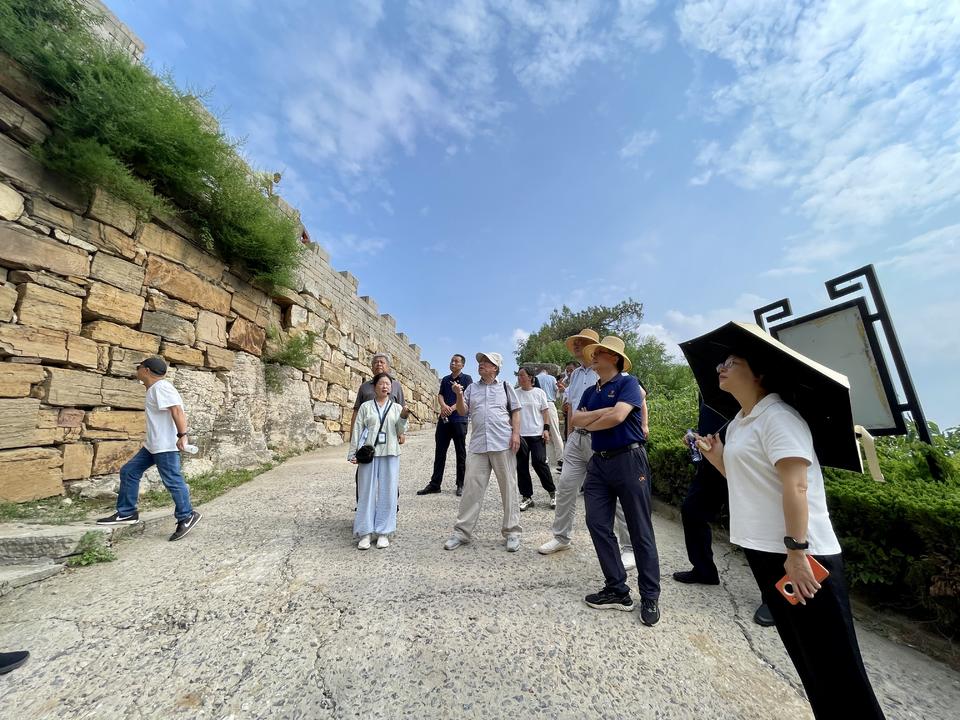
Linyi Jiwanggu Muqun.
For travelers from the northern regions, you can use the Jiqing Expressway (济青高速):
1. Take the exit at Zhangjiapo (张家坡) towards Yiyuan (沂源).
2. Continue on to Tian Shang Wang Cheng from here.
Alternatively, if you exit the Jiqing Expressway at any point in Qingzhou (青州), you can follow signs through Linqu (临朐) to reach the same destination.
Public Transportation
If you prefer public transport, buses run from major cities to Yishui. You can take a bus from Linyi to Yishui, and then local taxis or ride-sharing apps can take you directly to the tomb site. Be sure to check the latest bus schedules, as they may vary.
Local Access
Once you arrive in the vicinity of Tian Shang Wang Cheng, the road leading to the Jiwanggu Muqun is accessible by car, and there is adequate signage to guide you. The site is about 4 kilometers from the main access road, so local taxis or a short hike can also be a delightful way to appreciate the surrounding natural beauty.
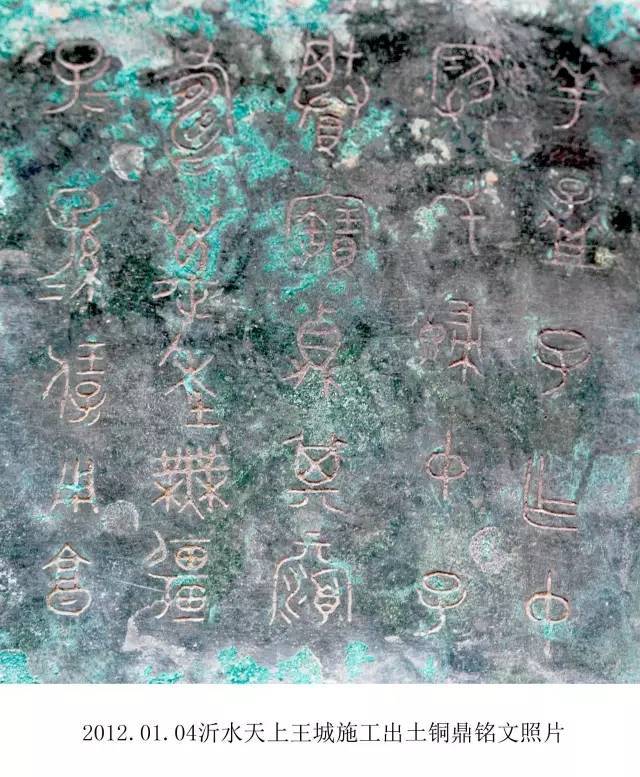
Linyi Jiwanggu Muqun.
Tips for Travelers
- Navigation: Using a GPS or a reliable map app is advisable since the area can be less populated and may not always be well-marked.
- Vehicle Requirements: If driving, ensure your vehicle is suitable for mountainous terrain, especially if you plan to explore the surrounding areas.
- Timing: Consider visiting during daylight hours; the site can be less accessible at night.
With its stunning scenery and rich historical significance, the journey to the Linyi Jiwanggu Muqun is both a scenic drive and a historical adventure, promising visitors a memorable experience.
Local Cuisine and Accommodation
When visiting the Linyi Jiwanggu Muqun (纪王崮墓群), also known as the Jiwang Ridge Tombs, travelers can expect a unique blend of local flavors and comfortable accommodations that reflect the rich cultural heritage of Shandong Province. Here’s a guide to indulging in the local cuisine and finding a cozy place to stay during your exploration of this historical site.
Culinary Delights
The region surrounding Jiwanggu Muqun is famed for its traditional Shandong cuisine, characterized by its emphasis on fresh ingredients, bold flavors, and hearty dishes. Here are some must-try local specialties:
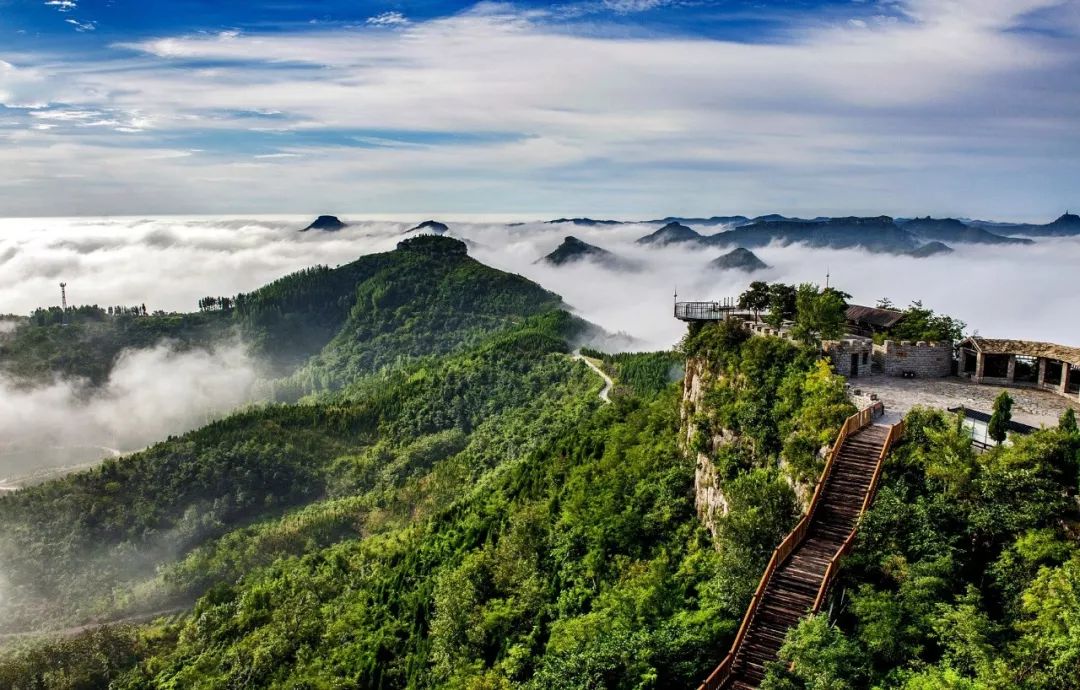
Linyi Jiwanggu Muqun.
-
Linyi Braised Pork (临沂红烧肉): A savory dish that features tender pork belly cooked in a rich, sweet soy sauce, perfect for those looking to savor traditional Chinese flavors.
-
Yimeng Mountain Noodles (沂蒙山面条): Handmade noodles that are often served in a fragrant broth with fresh vegetables and meat. The texture is delightful, making it a popular choice among locals.
-
Shandong Pancakes (煎饼): Known for their thin and crispy texture, these savory pancakes are often filled with various ingredients, including eggs, scallions, and crispy fried dough.
-
Green Tea from Yishui (沂水绿茶): Don’t miss the opportunity to sip on local green tea, renowned for its delicate flavor and health benefits. It’s a refreshing way to complement your meals after a long day of sightseeing.
-
Scallion Pancakes (葱油饼): This crispy, flaky treat is a popular snack throughout the region. Made primarily of flour and scallions, they are perfect for a quick bite on the go.
Where to Stay
For accommodation, visitors have several options ranging from guesthouses to hotels, catering to different budgets and preferences. Here are some recommendations:
-
Linyi Tianzheng Hotel (临沂天正酒店): A well-rated hotel located near the city center, offering comfortable rooms, modern amenities, and easy access to local attractions. It’s a great choice for travelers seeking convenience.
-
Yimeng Hotel (沂蒙大酒店): This hotel combines traditional architecture with contemporary comforts. Guests can enjoy spacious rooms and a restaurant serving delicious Shandong cuisine.
-
Local Guesthouses (民宿): For a more intimate experience, consider staying at one of the local guesthouses in the nearby villages. These often offer a more personalized touch, allowing you to experience local life and cuisine firsthand.
-
Eco-Friendly Resorts (生态度假村): If you prefer nature, look for eco-friendly resorts in the surrounding mountains. Many provide stunning views, outdoor activities, and a peaceful environment, perfect for unwinding after a day of exploration.
-
Budget Hostels (青年旅舍): For backpackers or budget-conscious travelers, there are several hostels available that offer shared accommodations at affordable prices, along with the opportunity to meet fellow travelers.
Conclusion
Whether you’re indulging in traditional Shandong dishes or relaxing in a cozy accommodation, your visit to Linyi Jiwanggu Muqun will be enriched by the local flavors and hospitality. Embrace the opportunity to immerse yourself in the culture, and you’ll make memories that last a lifetime.
Frequently Asked Questions
-
What is the location of Linyi Jiwanggu Muqun?
Linyi Jiwanggu Muqun, also known as the Jiwang Mountain Tomb Group, is located approximately 40 kilometers northwest of Yishui County in Shandong Province, China. It is situated in the heart of the Yimeng Mountain range, making it a remote yet breathtaking destination. -
How do I get to Jiwang Mountain from major cities?
To reach Jiwang Mountain, visitors from southern regions can travel via Linyi to Yishui and then to the Tian Shang Wang City scenic area. Those coming from the north can take the Jiqing Expressway, exiting at Zhuangjia Po to access Tian Shang Wang City. -
Is there an entrance fee to visit the tomb group?
Yes, there is an entrance fee to access the Jiwang Mountain Tomb Group. The ticket prices may vary, so it’s advisable to check the official website or local tourism information for the latest pricing details. -
What are the main attractions at the Jiwang Mountain Tomb Group?
The main attraction of the Jiwang Mountain Tomb Group includes the ancient tombs from the Spring and Autumn period, known for their large scale and the exquisite artifacts that have been unearthed. The site is celebrated as a national AAAA-level scenic area, also known as the “Mysterious Ancient Kingdom on the Cliff.” -
Are there guided tours available for the Jiwang Mountain area?
Yes, guided tours are available for visitors who wish to explore the history and significance of the Jiwang Mountain Tomb Group. These tours often provide in-depth insights into the archaeological findings and cultural heritage of the site. -
What should I wear and bring for a visit to the tomb group?
Given the mountainous terrain, it’s recommended to wear comfortable hiking shoes and weather-appropriate clothing. Additionally, bring water, snacks, and a camera to capture the stunning scenery and unique cultural artifacts. -
Is the Jiwang Mountain area accessible for individuals with mobility challenges?
The terrain around Jiwang Mountain can be steep and uneven, which may pose challenges for those with mobility issues. It’s best to check with local tour operators regarding accessibility options or consider visiting with a companion who can assist. -
What other attractions are nearby?
Besides the Jiwang Mountain Tomb Group, visitors can explore the Tian Shang Wang City scenic area, which encompasses various historical sites, natural landscapes, and cultural experiences. Other nearby attractions include the local tea plantations and the beautiful scenery of the Yimeng Mountain range.
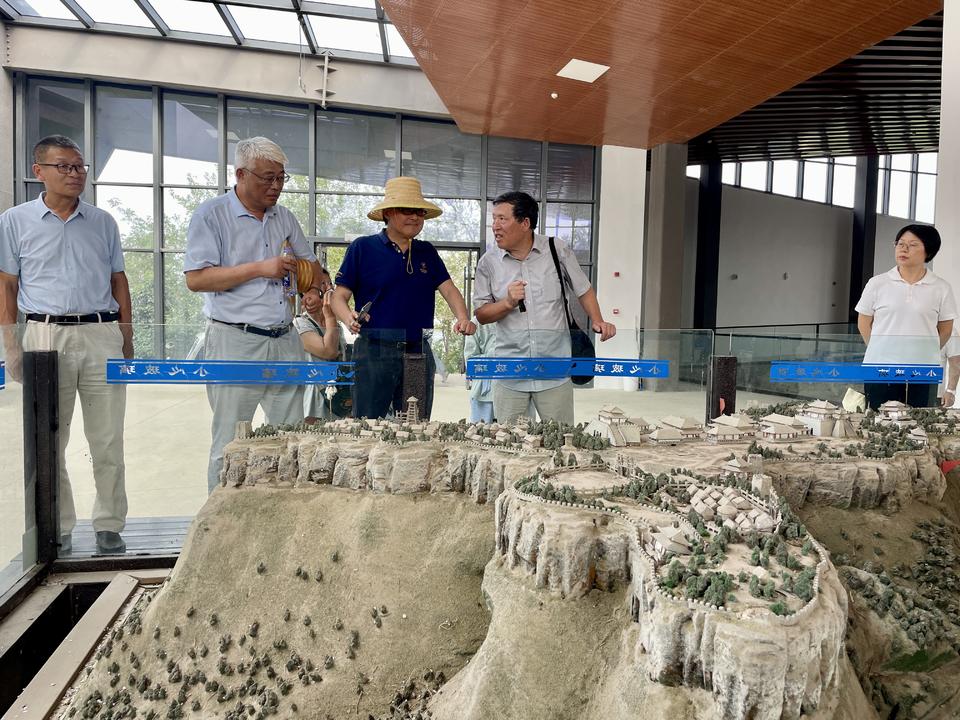
Linyi Jiwanggu Muqun.
Final Thoughts on Your Trip
Visiting the Linyi Jiwanggu Muqun is not merely a journey through ancient tombs and scenic landscapes; it is an expedition into the heart of China’s rich history and cultural heritage. Nestled within the majestic Yimeng Mountains, this remarkable site offers a unique glimpse into the Spring and Autumn period, showcasing the grandeur of the Ji Kingdom and the artistry of ancient Chinese craftsmanship.
As you explore the sprawling tomb complex, take a moment to absorb the breathtaking natural beauty surrounding you. The expansive summit of Jiwang, with its impressive elevation and dramatic cliffs, serves as a stunning backdrop to the tales of an ancient civilization that once thrived here. The air is thick with stories of kings and their legacies, inviting you to imagine the lives once lived in this extraordinary landscape.
Whether you are a history enthusiast, a nature lover, or simply seeking a peaceful retreat, Jiwanggu Muqun has something for everyone. It stands as a testament to the enduring allure of China’s past and the continuing fascination with its cultural treasures. Embrace the opportunity to walk in the footsteps of history, and let the echoes of time inspire your own journey.
